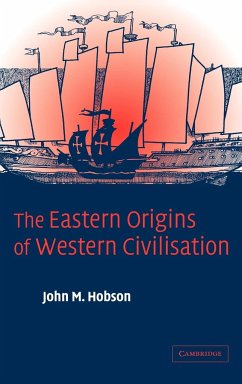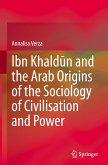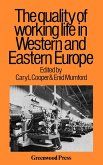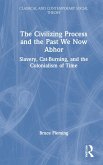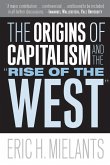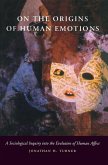John Hobson challenges the ethnocentric bias of mainstream accounts of the Rise of the West.
John Hobson challenges the ethnocentric bias of mainstream accounts of the Rise of the West. It is often assumed that since Ancient Greek times Europeans have pioneered their own development, and that the East has been a passive by-stander in the story of progressive world history. Hobson argues that there were two processes that enabled the Rise of the 'Oriental West'. First, each major developmental turning point in Europe was informed in large part by the assimilation of Eastern inventions (e.g. ideas, technologies and institutions) which diffused from the more advanced East across the Eastern-led global economy between 500-1800. Second, the construction of European identity after 1453 led to imperialism, through which Europeans appropriated many Eastern resources (land, labour and markets). Hobson's book thus propels the hitherto marginalised Eastern peoples to the forefront of the story of progress in world history.
Table of content:
1. Countering the Eurocentric myth of the West: discovering the Oriental West; Part I. The East as an Early Developer; 2. Islamic and African pioneers: building the global economy in the Afro-Asian Age of Discovery, 500-1500; 3. Chinese pioneers: the first industrial miracle and the myth of Chinese isolationism, 1000-1800; 4. The East remains dominant: India, Japan and Southeast Asia, 1400-1800; Part II. The West was Last: 5. Inventing Christendom and the Eastern origins of European feudalism; 6. The myth of the Italian pioneer; 7. The myth of the Vasco de Gama epoch, 1498-1800; Part III. The West as a Late-Developer: 8. The myth of 1492 and the impossibility of America: the Afro-Asian contribution to the catch-up of the West, 1492-1700; 9. The Chinese origins of British industrialisation; 10. Constructing European racist identity and the invention of the world, 1700-1850; 11. War, racist imperialism and the Afro-Asian origins of British industrialisation; Part IV. Conclusion: The Oriental West versus the Eurocentric Myth of the West: 12. The twin myths of the Western liberal state and the civilisational divide between East and West, 1500-1900; 13. The rise of the Oriental West.
Hinweis: Dieser Artikel kann nur an eine deutsche Lieferadresse ausgeliefert werden.
John Hobson challenges the ethnocentric bias of mainstream accounts of the Rise of the West. It is often assumed that since Ancient Greek times Europeans have pioneered their own development, and that the East has been a passive by-stander in the story of progressive world history. Hobson argues that there were two processes that enabled the Rise of the 'Oriental West'. First, each major developmental turning point in Europe was informed in large part by the assimilation of Eastern inventions (e.g. ideas, technologies and institutions) which diffused from the more advanced East across the Eastern-led global economy between 500-1800. Second, the construction of European identity after 1453 led to imperialism, through which Europeans appropriated many Eastern resources (land, labour and markets). Hobson's book thus propels the hitherto marginalised Eastern peoples to the forefront of the story of progress in world history.
Table of content:
1. Countering the Eurocentric myth of the West: discovering the Oriental West; Part I. The East as an Early Developer; 2. Islamic and African pioneers: building the global economy in the Afro-Asian Age of Discovery, 500-1500; 3. Chinese pioneers: the first industrial miracle and the myth of Chinese isolationism, 1000-1800; 4. The East remains dominant: India, Japan and Southeast Asia, 1400-1800; Part II. The West was Last: 5. Inventing Christendom and the Eastern origins of European feudalism; 6. The myth of the Italian pioneer; 7. The myth of the Vasco de Gama epoch, 1498-1800; Part III. The West as a Late-Developer: 8. The myth of 1492 and the impossibility of America: the Afro-Asian contribution to the catch-up of the West, 1492-1700; 9. The Chinese origins of British industrialisation; 10. Constructing European racist identity and the invention of the world, 1700-1850; 11. War, racist imperialism and the Afro-Asian origins of British industrialisation; Part IV. Conclusion: The Oriental West versus the Eurocentric Myth of the West: 12. The twin myths of the Western liberal state and the civilisational divide between East and West, 1500-1900; 13. The rise of the Oriental West.
Hinweis: Dieser Artikel kann nur an eine deutsche Lieferadresse ausgeliefert werden.
'Evidence that Asia's primacy was crucial to the Rise of the West has been accumulating for twenty years. Dr Hobson has now pulled the pieces together in a compellingly written and most challenging scheme. His grand conception will open a whole new order of debate.' Eric Jones, author of The European Miracle and Growth Recurring

